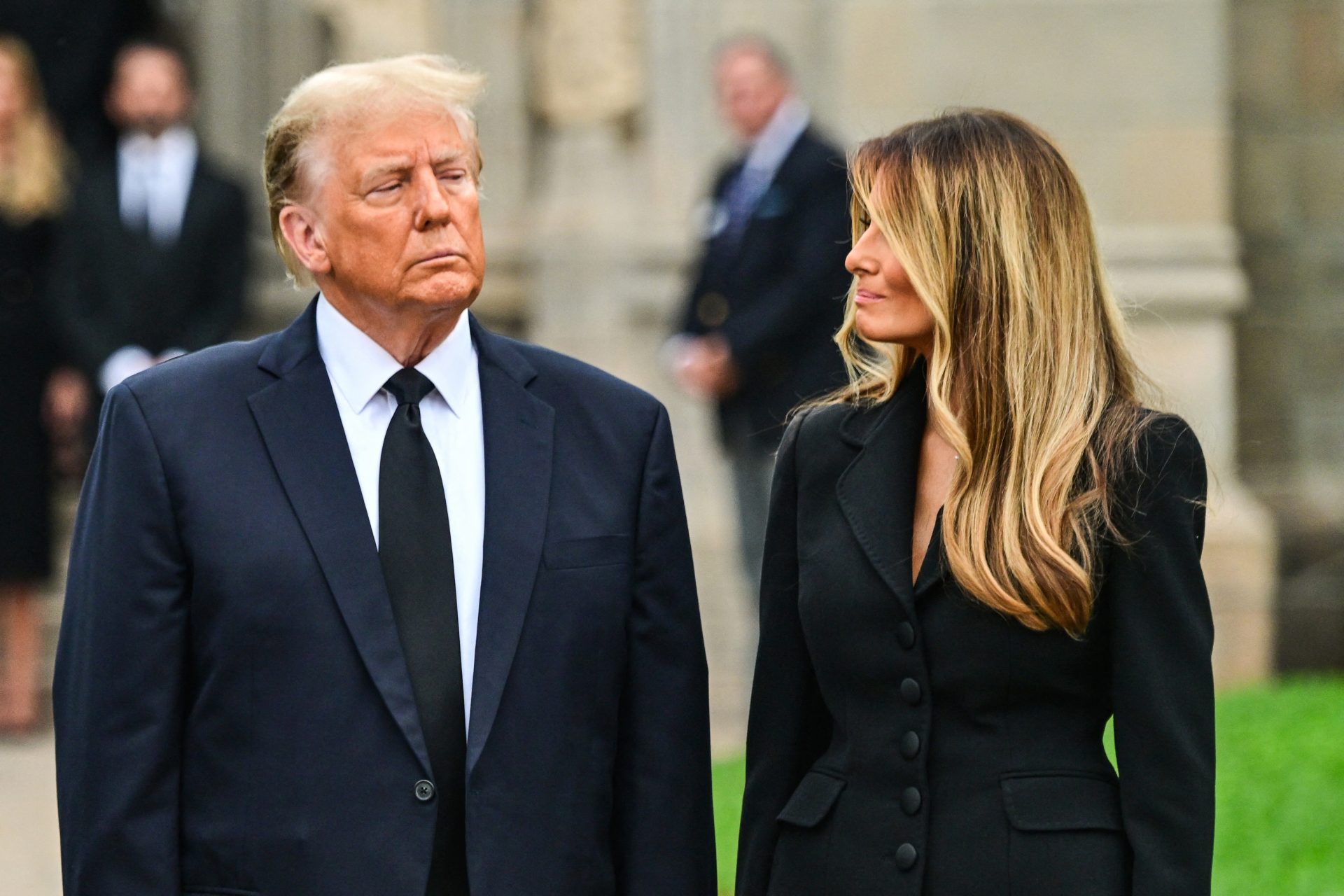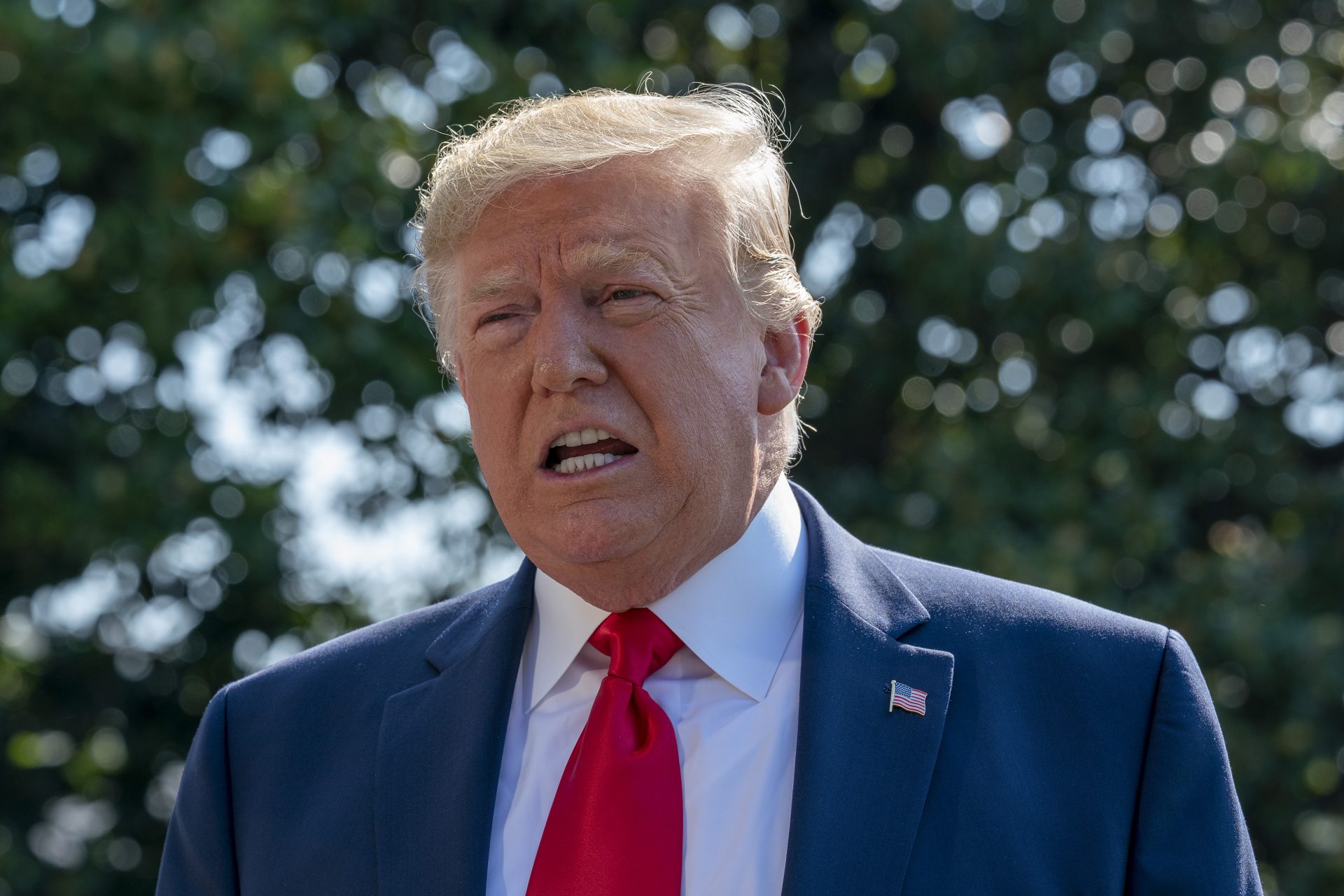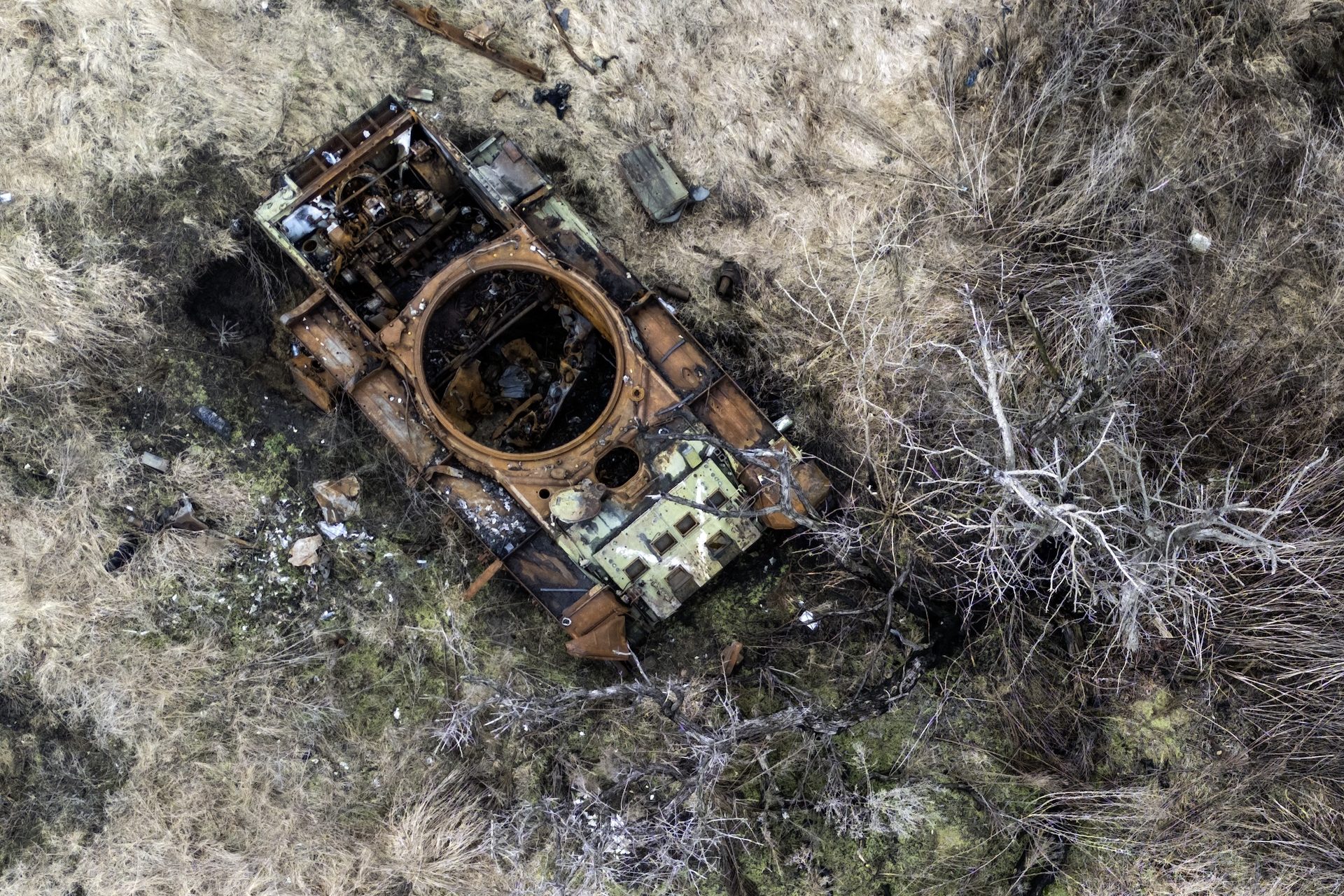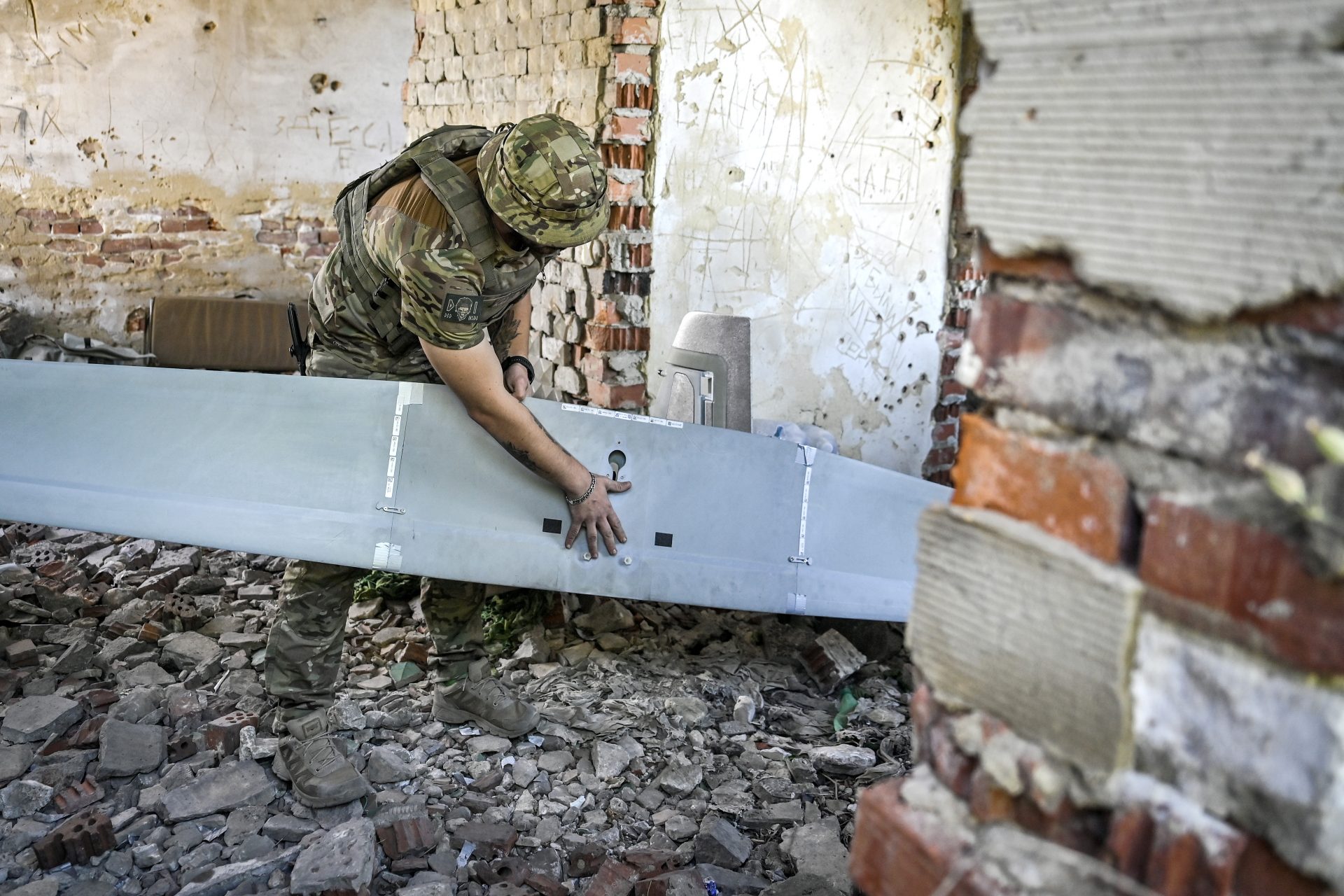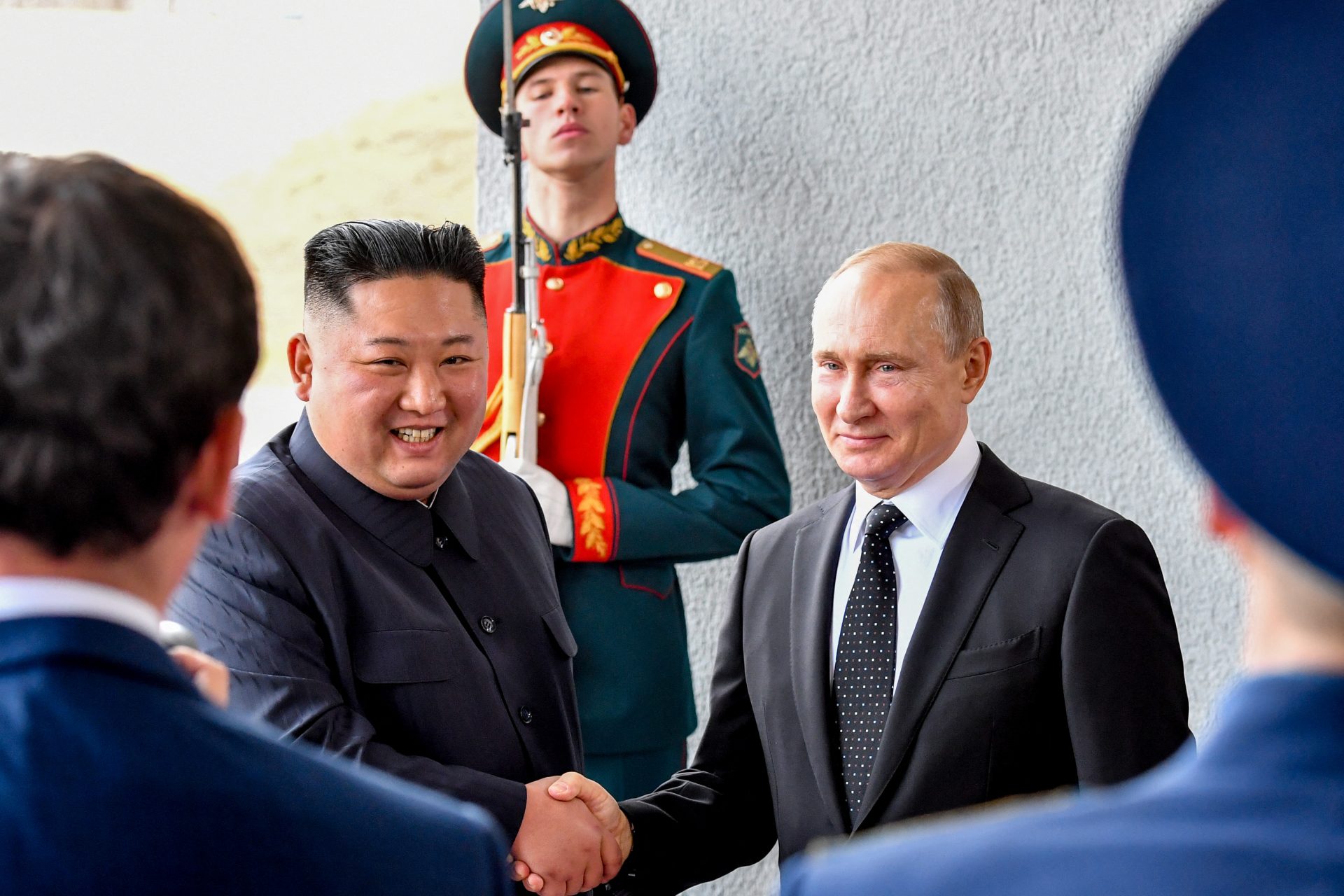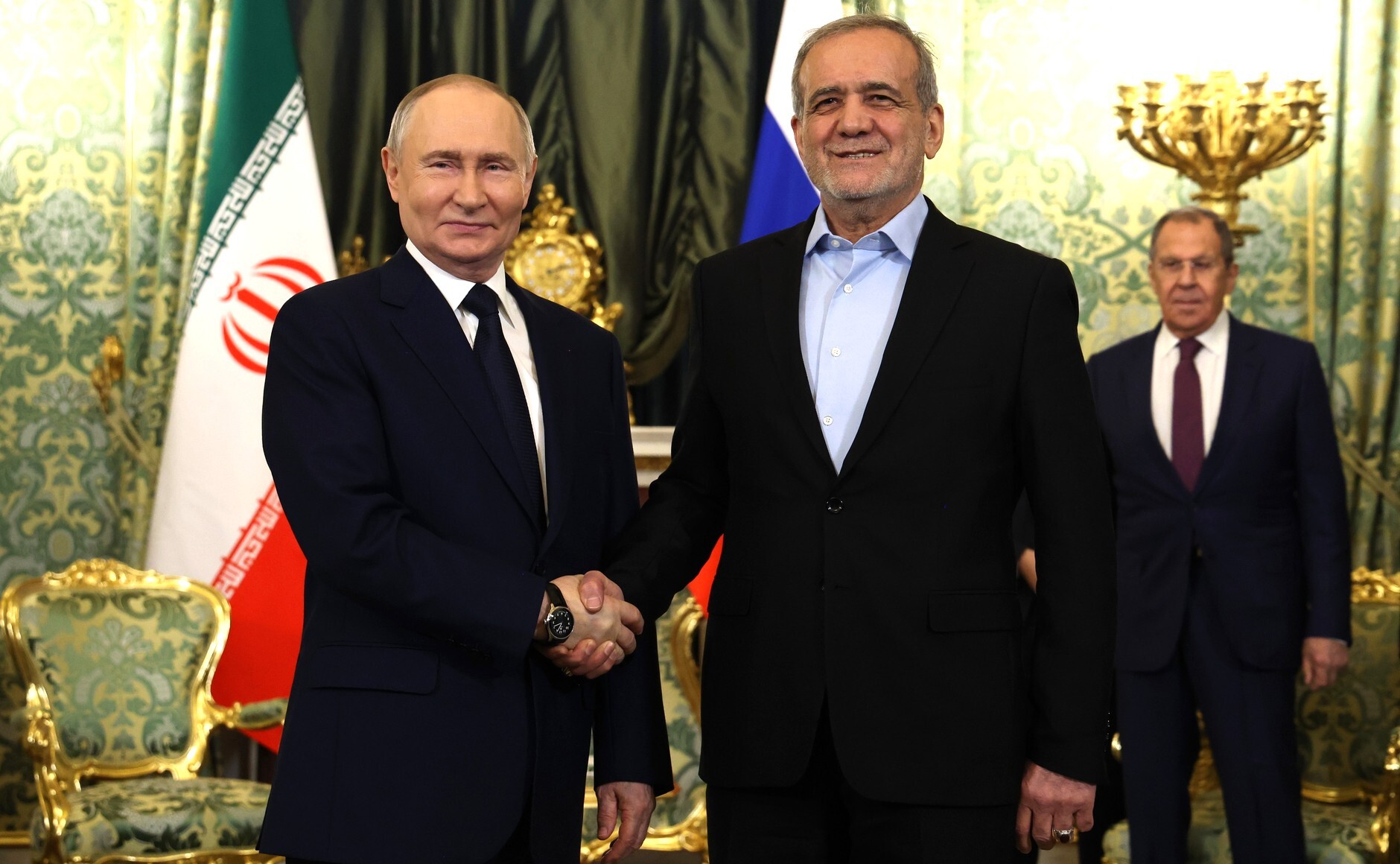US intelligence chiefs believe Putin may use nuclear arms
US intelligence chiefs warned the Senate on Tuesday that Vladimir Putin may use nuclear weapons as a last resort if he feels that Russia will be defeated in Ukraine.
Top US intelligence chief Avril Haines told the Senate that Putin might see defeat in Ukraine as "an existential threat to his regime," as reported by the BBC.
At a Senate briefing, US intelligence chiefs predicted that the war in Ukraine will be "a long, grueling war of attrition."
US intelligence chiefs believe Putin's actions in the country could escalate, and if Putin feels the war is not going in his favor and his position in Moscow is threatened, he may decide to use a nuclear warhead.
Avril Haines informed the Senate armed services committee that Putin would most likely continue to threaten the use of nuclear arms to minimize US and NATO involvement in the war and decrease the support of Ukraine.
Haines also said she believed that Putin's shift of focus in Ukraine from the east to the south is probably a temporary tactic and not likely a "scaling back of war aims," according to The Guardian.
Haines believes that Putin will not use nuclear weapons unless he sees an existential threat either to Russia or his regime.
"We do think that [Putin's perception of an existential threat] could be the case in the event that he perceives that he is losing the war in Ukraine, and that Nato in effect is either intervening or about to intervene in that context, which would obviously contribute to a perception that he is about to lose the war in Ukraine," Haines told the committee hearing.
Avril Haines went on to add that she believes that if Putin does decide to use a nuclear warhead, the world will most likely have some warning.
"There are a lot of things that he would do in the context of escalation before he would get to nuclear weapons, and also that he would be likely to engage in some signaling beyond what he's done thus far before doing so," Haines informed the Senate.
Signs that Putin is genuinely planning on using a nuclear warhead could include a further large-scale nuclear exercise involving the substantial dispersal of mobile intercontinental missiles, heavy bombers, and strategic submarines.
The US intelligence chiefs believe that the situation in Ukraine will be a war of attrition. They told the Senate that Putin hopes to conquer the Luhansk and Donetsk regions and a buffer zone around them to create a land bridge for Russia to Crimea.
Kherson to the north of Crimea is also of tactical interest to Putin as then he would control the water supply to the peninsula.
Haines also said that Putin might be working on more ambitious plans. The director of national intelligence said there have been "indications" that the Russian president may also hope to take hold of all of Ukraine's Black Sea coast.
To do so, the Russian land bridge would need to extend as far as Transnistria, a region of Moldova that Moscow occupies. However, Haines indicated that this would be a challenging operation unless the Russian military is fully mobilized.
Lt Gen Scott Berrier, the head of the Defence Intelligence Agency, told the Senate that it is believed that between eight to ten Russian generals had been killed in Ukraine at this point in the war.
Berrier agreed with Haines's prediction of a stalemate situation. However, he said he believes that things could change quickly if Putin formally declares war. "If they do mobilize, and they do declare war, that'll bring thousands more soldiers to the fight," Berrier said.
Berrier went on to say that what the Russian military lacks in training will be made up for ammunition, power, and soldiers: "And even though they may not be as well trained and competent, they will still bring mass and a lot more ammunition."
Hains says that she believes that Putin is hopeful that soon the west will lessen its sanctions. "He is probably counting on the US and EU resolve to weaken as food shortages, inflation, and energy prices get worse," she said.
According to Haines, US intelligence agencies do not have many hopes for negotiations with Putin, at least in the short term. However, they do believe that the conflict will take "a more unpredictable and potentially escalatory trajectory."
Nonetheless, Haines said that things would probably get worse: "The current trend increases the likelihood that President Putin will turn to more drastic means, including imposing martial law, reorienting industrial production, or potentially escalatory military actions to free up the resources needed to achieve his objectives as the conflict drags on, or if he perceives Russia is losing in Ukraine."
Haines added that she believed a crisis point would likely occur in the next few weeks. She predicts that Russia will escalate its attempt to intimidate the west in the hopes that countries will stop supplying Ukraine with weapons and a possible retaliation for western economic sanctions or perceived threats to Putin's regime at home.
More for you
Top Stories



























